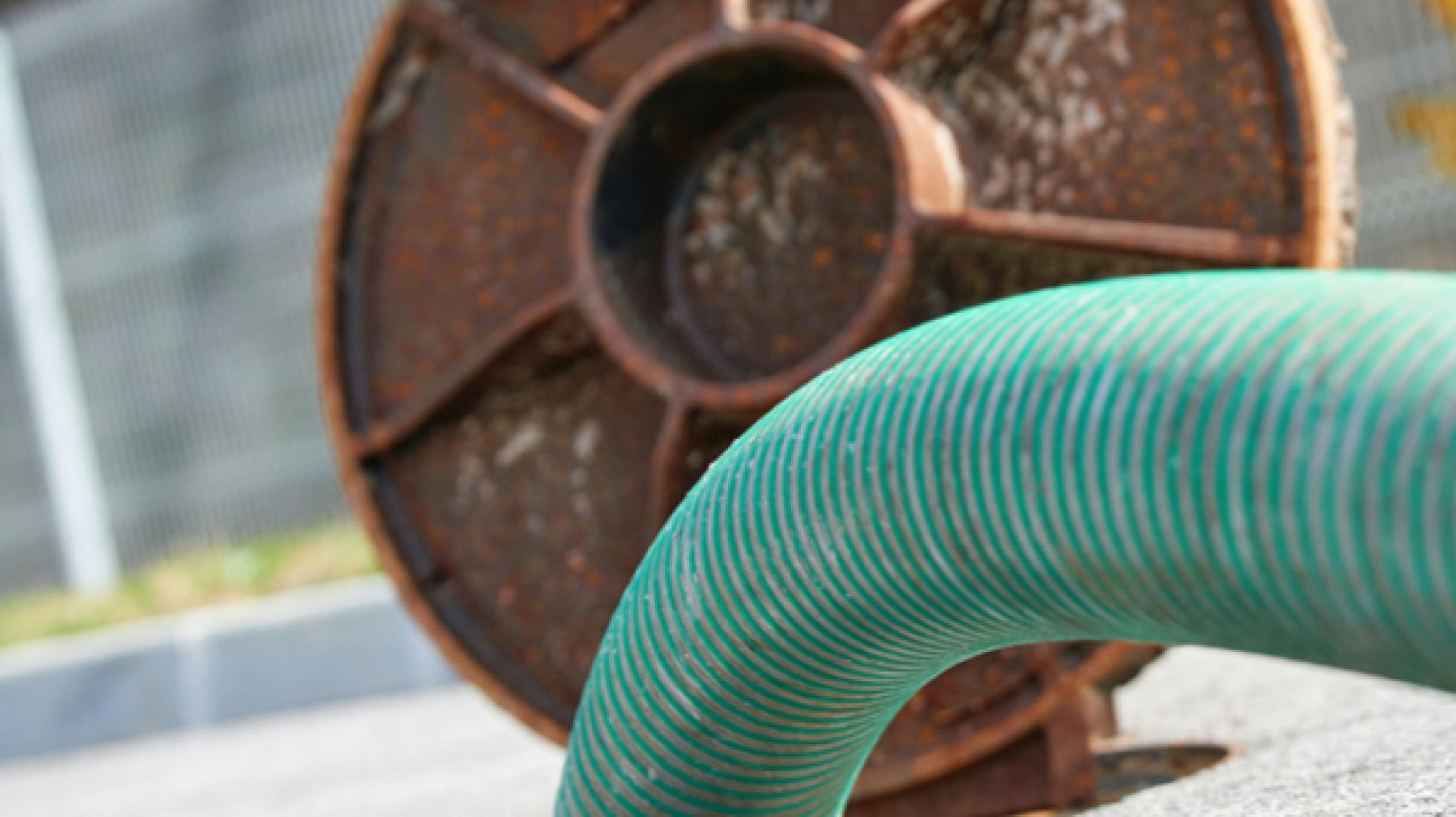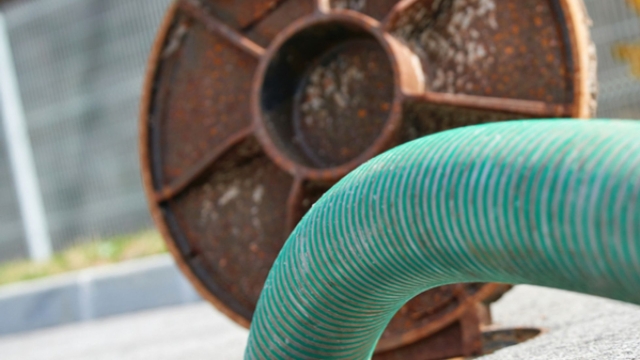Welcome to "Flowing Solutions: Plumbing and Septic Secrets Unveiled", where we dive deep into the world of plumbing and septic systems. In this comprehensive article, we will explore the intricacies of these vital systems that keep our homes and businesses running smoothly. Plumbing and septic may seem like mundane topics, but understanding their workings can save us from unexpected disasters and costly repairs. So, let’s roll up our sleeves and unravel the mysteries behind the flow of water and the management of waste.
When we turn on a tap or flush a toilet, we often take for granted the complex network of pipes and valves that allow water to effortlessly make its way through our homes. Plumbing, an indispensable part of our daily lives, holds a multitude of fascinating secrets. From the innovative history of plumbing systems to the modern advancements that ensure water efficiency, we’ll explore the evolution and importance of this dynamic field.
On the other hand, septic systems, an unseen hero of waste management, have a critical role in maintaining the hygiene and health of our surroundings. Found in rural areas and areas without access to a centralized sewer system, septic systems quietly perform their duty. We will demystify the inner workings of septic tanks, drain fields, and the delicate balance between natural processes and human intervention required to maintain these systems for years to come.
Throughout this article, we will unearth valuable tips, expert insights, and lesser-known facts, empowering you to make informed decisions about your plumbing and septic needs. So, join us as we embark on this enlightening journey, illuminating the hidden world beneath our feet that is responsible for our everyday comfort and well-being.
Common Plumbing Issues and Solutions
Plumbing systems in households can sometimes encounter various problems that disrupt the smooth flow of water and waste. These issues can often cause inconvenience and frustration for homeowners. However, with the right knowledge and solutions, you can overcome these plumbing challenges. Let’s take a look at some common plumbing issues and explore the feasible solutions.
Leaky Faucets:
Faucet leaks can be a headache to deal with. Not only do they waste water, but the constant dripping sound can also be irritating. The most common cause of this problem is a worn-out or faulty washer. By replacing the worn washer or the entire faucet if necessary, you can put an end to those annoying leaks and conserve water at the same time.Clogged Drains:
Clogged drains are another frequent plumbing issue that homeowners encounter. Whether it’s due to hair, food particles, or excessive grease buildup, a clogged drain can disrupt the normal functioning of sinks, showers, and toilets. To tackle this problem, you can use a plunger to create suction and dislodge the blockage. If that doesn’t work, a drain snake or a chemical drain cleaner can help remove the clog and restore the flow of water.Running Toilets:
A running toilet not only wastes water but can also lead to higher water bills. This issue is usually caused by a faulty flapper valve or a malfunctioning fill valve. To fix this problem, you can start by adjusting the chain or replacing the flapper valve. If that doesn’t solve the issue, replacing the entire fill valve should do the trick. By addressing running toilets promptly, you can conserve water and save money.

Remember, while these are common plumbing issues that homeowners face, it’s always advisable to seek professional help for complex problems or if you’re uncertain about the solutions. Taking care of your plumbing system can prevent further damage and ensure a smooth and efficient flow of water throughout your home.
Maintaining a Healthy Septic System
Regular maintenance is crucial to ensuring the longevity and efficiency of your septic system. By following a few simple guidelines, you can prevent costly repairs and keep your plumbing and septic system functioning smoothly.
Firstly, it is important to have your septic tank pumped regularly. This process involves removing the solid waste from the tank, preventing it from building up and causing blockages or overflow. Experts recommend having your septic tank pumped every 3 to 5 years, depending on the size of your household and the usage of your system. Regular pumping will help maintain a healthy balance of bacteria in the tank, aiding in the breakdown of waste.
To further maintain a healthy septic system, be mindful of the items you flush down the toilet or drain. Avoid disposing of non-biodegradable or harmful substances, such as paper towels, grease, and chemicals. These can disrupt the natural bacterial balance inside the tank, decreasing its efficiency. Instead, use your trash bin for the proper disposal of these items.
Lastly, conserving water can greatly benefit your septic system. Overloading the system with excessive water usage can strain its capabilities. Implement water-saving practices such as fixing leaks promptly, installing low-flow fixtures, and spreading out laundry and dishwasher usage throughout the week. These small steps can make a big difference in maintaining a healthy septic system.
By taking these simple yet effective measures, you can ensure your septic system remains in optimal condition, promoting a healthy and efficient plumbing system for your household. Remember, prevention is key when it comes to maintaining the proper functioning of your plumbing and septic system.
Tips for Preventing Plumbing and Septic Problems
Regular Maintenance:
Regular maintenance is crucial for preventing plumbing and septic problems. Schedule routine inspections from a trusted professional to detect any potential issues before they escalate. By identifying and addressing minor leaks, clogs, or drainage problems early on, you can save yourself from major headaches down the line. Remember, prevention is always better than dealing with expensive repairs!Mindful Water Usage:
Conserving water not only benefits the environment but also helps maintain your plumbing and septic systems. Be mindful of your water usage by repairing any leaky faucets or toilets promptly. Additionally, avoid pouring grease, oil, coffee grounds, and other harmful substances down the drain, as they can lead to clogs and damage your septic system. By being conscious of your water consumption and disposal habits, you can keep your plumbing flowing smoothly.
Mandeville PlumberAvoid DIY Mistakes:
While DIY projects can be fun and cost-effective, it’s essential to know your limits when it comes to plumbing and septic work. Unless you have proper training and expertise, plumbing repairs and septic system maintenance are best left to professionals. Attempting to fix complex issues yourself might actually worsen the problem and end up costing you more in the long run. So, don’t hesitate to reach out to qualified professionals to handle any plumbing or septic concerns you may have.
By following these simple tips, you can maintain a healthy plumbing system and ensure the smooth operation of your septic system. Remember, prevention and proper care are key to avoiding costly plumbing and septic problems.
